My favourite moment of the British and Irish Lions’ topsy-turvy 2017 tour to New Zealand came three minutes from the end of the final and deciding test match.
With the scores level after 77 minutes of the most physically aggressive rugby match I have ever seen, the All Blacks captain Kieran Read turned to his counterpart Sam Warburton during a break in play and gasped, ‘Wow, this is rugby.’ Grinning at each other for a couple of seconds before resuming battle; it was a moment of exquisite sportsmanship that encapsulated the spirit of the tour – almighty competiveness combined with mutual respect and fair play.
This memorable little sporting snapshot, as is so often the case, provided an apt reflection of life itself. Modern life, whichever way you look at it, is competitive and it’s a key role of schools to convey this to young people and teach them not only how to cope with it but also how to go about it in a fair and appropriate way. In an increasingly globalised world our students won’t just be up against their British counterparts, they will be up against the best in the world. All hundreds of thousands of them.
Regretfully, I believe, competition has become a dirty word in some educational circles. Most notably, this happened in many state schools during the 1990s when some local education authorities decided, in their wisdom, to ban competitive sport. The fear was, I assume, that pupils ‘losing’ might lead to irrevocable damage to their self-worth and well-being. I am not sure how much damage the pupils that attended such schools were subject to when they had to cope with competition in their adult lives, but one has to question whether this approach prepared them robustly enough for the future.
Competition has also been criticised for the unkind behaviour it can engender towards others; what might be termed the ‘sharp elbows’ effect. So we also need to show students how to make the most of themselves without causing detriment to others. It can be a difficult balance to achieve, though I believe it can be done and in any case; as I wrote in the last HEADlines, people do have to learn from setbacks and failure. Good schools understand this and provide care and support for pupils in defeat, whilst encouraging them to bounce back and do better next time.
In order to be at your competitive best, one has to learn to stay calm under pressure. It would have been easy for either Read or Warburton to totally lose it in the final minutes of that rugby match, particularly after the very last play when a penalty, seemingly given to the All Blacks that would have almost certainly given them the series victory, was overturned by the video referee. Kieran Read was evidently not ecstatic, but he accepted the decision, moved on and moments later was magnanimous in the eventual stale-mate.
So what are the best ways for schools to provide opportunities for students to develop their ability to cope with high pressure, competitive situations? I am not sure this is something that should be encouraged in lessons, though inevitably competition between pupils naturally exists and can be a healthy thing. I recall spending much of my time at school trying to ‘beat’ Tom Hillier, for instance, whom I was often sat next to (alphabetically) and neither of us seem to have suffered for it.
I have always believed that the best way schools can provide such opportunities is through activities outside the classroom. Competitive team sport is the obvious arena and provides the added benefit of the need for collaborative effort, though individual sport is arguably more effective given its, well, individual nature. There are plenty of other co-curricular activities abundantly available in schools like King’s, however; drama, music, CCF to name but a few, that provide similarly formative experiences where the need for considerable exertion and a cool head, whilst being sensitive to others, are essential qualities.
Tom Hillier was a better sportsman than I was and achieved much more success in this aspect of school life, but that success never came at my expense. In fact, it just made me more determined to do well. We were best friends at school and have remained great friends ever since. I am even godfather to his younger son, with whom I am also very competitive. Perhaps most importantly, we have mutually thrived through competition, without either of us ever feeling better than the other. Mind you, I did get much better A Levels than him…














